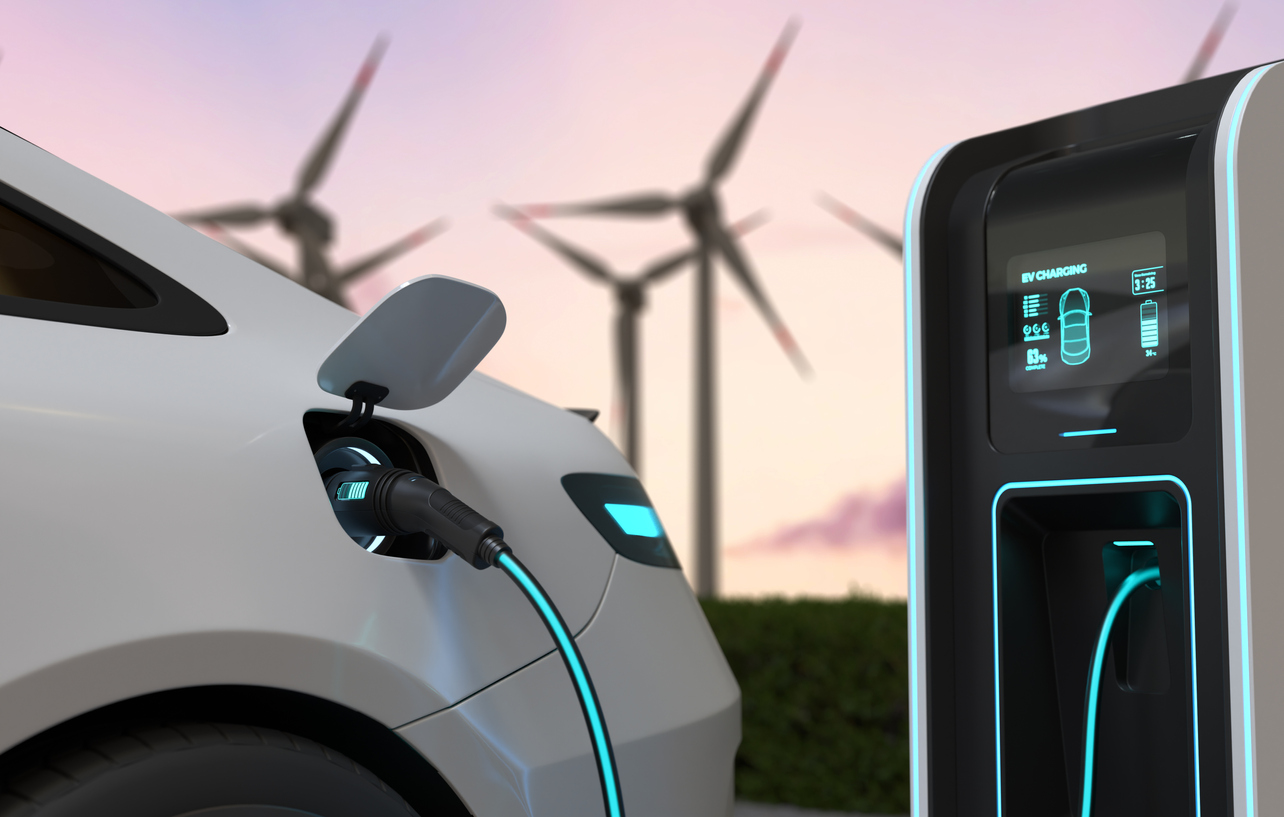The automotive industry is undergoing a revolutionary shift towards sustainability, with electric vehicles (EVs) leading the charge. Among these, electric SUVs have emerged as a popular choice, combining the versatility of SUVs with the eco-friendly benefits of electric propulsion. You can find electric SUVs with an online search.

The Electric SUV Landscape: A Growing Trend
The automotive market has witnessed a significant surge in the popularity of electric SUVs. This trend can be attributed to a growing awareness of environmental concerns and a shift towards cleaner, greener transportation solutions. Electric SUVs appeal to a broad demographic, offering spacious interiors, robust designs, and the promise of a sustainable driving experience. Manufacturers across the globe are investing heavily in electric SUV development, signaling a transformative era in the automotive landscape.
Environmental Impact and Sustainability
Electric SUVs contribute to the reduction of greenhouse gas emissions, promoting a more sustainable approach to transportation. By relying on electric power, these vehicles help mitigate air pollution and decrease dependence on fossil fuels, aligning with global efforts to combat climate change. With advancements in battery technology, the carbon footprint associated with manufacturing electric SUVs is also decreasing, making them increasingly environmentally friendly.
Versatility and Performance
One of the standout features of electric SUVs is their versatility. These vehicles combine the spaciousness and utility of traditional SUVs with the efficiency and performance of electric drivetrains. The dual motor setups in many electric SUVs provide impressive acceleration and handling, challenging conventional notions that electric vehicles compromise on performance. This makes electric SUVs suitable for both urban commuting and off-road adventures, appealing to a diverse range of consumers.
Challenges and Solutions: Overcoming Range Anxiety and Infrastructure Gaps
Range anxiety, the fear of running out of battery power before reaching a charging station, has been a significant concern for potential electric vehicle owners. However, advancements in battery technology have led to increased ranges for electric SUVs. Many models now boast ranges that comfortably cover daily commuting needs, alleviating range anxiety for most users. Additionally, the development of fast-charging infrastructure is making long-distance travel in electric SUVs more feasible.
Charging Infrastructure
To fully embrace electric SUVs, an extensive and reliable charging infrastructure is crucial. While progress has been made, challenges remain in developing a comprehensive network of charging stations. Governments, private companies, and automotive manufacturers are collaborating to address this issue, with increased investments in charging infrastructure projects. The proliferation of home charging solutions is also making it more convenient for electric SUV owners to charge their vehicles overnight.
Leading the Charge: Notable Electric SUV Models
Tesla's Model X is a pioneer in the electric SUV segment, featuring distinctive falcon-wing doors, cutting-edge autopilot capabilities, and impressive acceleration. The Model X exemplifies the potential of electric SUVs to deliver high-performance driving experiences.
Audi's e-tron series represents the brand's commitment to electrification. The e-tron SUV combines Audi's signature luxury with electric efficiency, offering a spacious interior and advanced technology features.
Jaguar's I-PACE stands out for its sleek design and sporty performance. The I-PACE demonstrates that electric SUVs can be both stylish and practical, catering to those who seek a combination of aesthetics and functionality.
The Future of Electric SUVs: Innovation and Integration
As technology continues to advance, the future of electric SUVs holds even greater promise. Manufacturers are investing in research and development to improve battery efficiency, reduce charging times, and enhance overall vehicle performance. Integration with smart infrastructure and the advent of autonomous driving features are also on the horizon, further revolutionizing the driving experience.
Conclusion
Electric SUVs are not just a passing trend but a transformative force in the automotive industry. As environmental concerns drive consumers towards sustainable choices, the marriage of SUV practicality and electric efficiency positions electric SUVs as a key player in the future of transportation. With ongoing innovations and a concerted effort to address challenges, electric SUVs are poised to become the norm rather than the exception, ushering in a new era of clean, green, and versatile driving.

